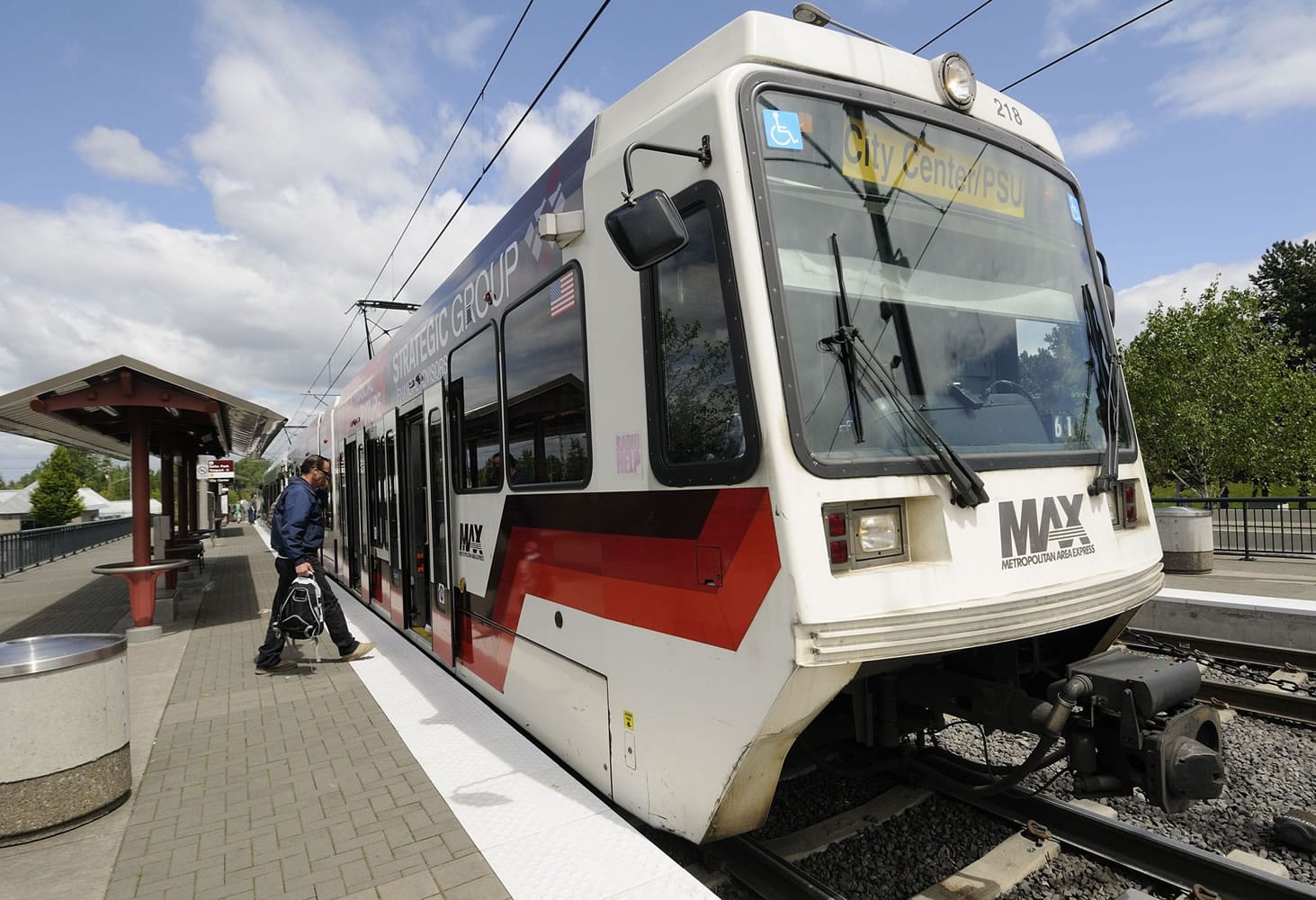For the second year in a row, it appears that a petition put forward by light rail opponents won’t make it onto the 2011 ballot.
Organizers had hoped to gather 6,000 signatures to put an ordinance on November’s ballot that would prohibit any city resources from being used to extend TriMet’s MAX line into Vancouver.
When organizing this year’s effort in March, Columbia River Crossing critic Larry Patella said he and volunteers hoped to finish signature-gathering work by mid-June. But Patella said this week that he grew too busy with his own business to continue the effort, so he handed the responsibility over to fellow light rail foes, Camas resident Margaret Tweet and Portland resident Jim Karlock.
“I’m not sure what they’re doing with it,” Patella said. “Between you and me and the fence post, I think it’s a lost cause right now.”
Tweet declined comment when contacted Thursday. She said Debbie Peterson is a leader in the effort.
“The jury is still out on whether or not it will make it on the November ballot,” Peterson said Thursday, “The time requirement is at the discretion of the city council.”
Clark County Elections Supervisor Tim Likness said the deadline for an ordinance to be placed on the ballot is Aug. 16. But he said the county and city generally need at least two months to process petitions. So, petitioners typically get signatures in by mid-June or earlier, he said.
Likness said petitioners in this effort need to submit 5,035 valid signatures to make the ballot.
Peterson declined to say how many signatures have been gathered. “We’re happy with our progress,” she said.
City attorney Ted Gathe, in an email Thursday afternoon on such a petition effort making it to this November’s ballot, wrote, “It’s difficult to give a definitive answer. If the County Auditor took less than 20 days to verify petition signatures and if the City Council acted on the petition in less than the 60 day timeline stated in the City Charter, it is possible that the initiative could go on the November, 2011 ballot. That also assumes that the proposed ordinance can legally be placed on the ballot. Since no petition has been filed with the city, our office has not been asked to review it and opine as to whether such a measure can be placed on the ballot. Legal review would occur during the Council’s 60-day review period.”
The same petition effort was abandoned in July 2010, with about 3,000 signatures. The city told Patella then that the petition should have been turned in by mid-May or earlier to ensure they’d have enough time.
Submitting an ordinance requires significant lead time: First, the county auditor needs time to verify signatures. Then, city officials must determine that the petition itself is valid.
Next, it goes to the city council. The elected officials, according to the city charter, must give it due process that includes two readings and a public hearing; they have 60 days to do so. At the very minimum, such readings take two weeks, but it’s rare for something to move through the city council so quickly. If it gets to the city council, the members must do one of three things: Adopt the amendment as is, amend the ordinance and adopt it, or put it on the ballot.
Andrea Damewood: 360-735-4542 or andrea.damewood@columbian.com or www.facebook.com/reporterdamewood or www.twitter.com/col_cityhall.
Dave Kern contributed to this story.



